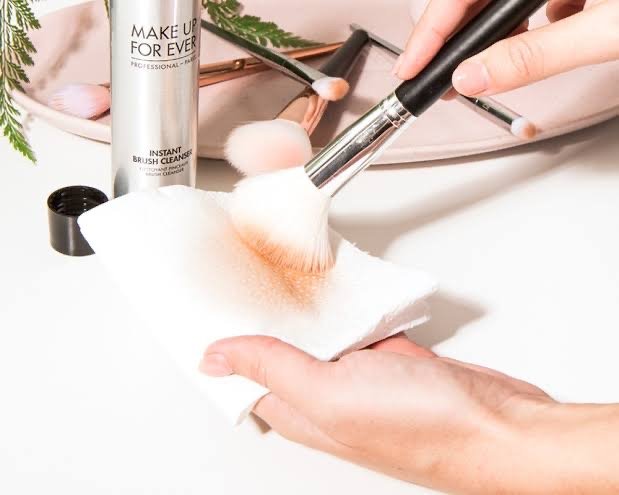The Importance of Sanitation in Makeup Application: Tips for a Clean and Safe Environment
Makeup application is an art form that can transform one's appearance and make them feel confident and beautiful. However, in the process of creating a flawless makeup look, it's crucial to prioritize sanitation to ensure a clean and safe environment for both the makeup artist and their clients. In this blog post, we will discuss the importance of sanitation in makeup application and provide tips for maintaining a clean and safe environment.
Why Sanitation is Important in Makeup Application
Firstly, practicing proper sanitation is essential for preventing the spread of bacteria and infections. Makeup brushes, sponges, and palettes can harbor harmful bacteria that can cause skin irritations, infections, and even acne breakouts. Additionally, if a client has a cold sore or other skin condition, sharing makeup products and tools can cause the spread of the infection.
Furthermore, practicing good sanitation practices can help build trust and establish a professional reputation for makeup artists. Clients want to feel confident that their makeup artist is taking proper precautions to ensure their safety and well-being. Proper sanitation practices demonstrate a high level of professionalism and dedication to client care.
Tips for Maintaining a Clean and Safe Environment
Here are some tips for maintaining a clean and safe environment during makeup application:
Cleanse and disinfect all makeup tools and equipment before and after each use. Use alcohol-based solutions or brush cleaners to sanitize makeup brushes, sponges, and palettes. Cleanse all makeup surfaces with a disinfectant wipe.
Avoid sharing makeup products and tools with others. Encourage clients to bring their own products if possible.
Use disposable applicators whenever possible, such as cotton swabs, disposable mascara wands, and lip applicators.
Always wash your hands before and after each makeup application.
Discard any makeup products that have expired or have been contaminated.
Store makeup products in a clean and dry area away from direct sunlight and heat.
Encourage clients to remove their makeup before going to bed to prevent skin irritation and breakouts.
Final Thoughts
In conclusion, sanitation is an essential aspect of makeup application that should not be overlooked. Proper sanitation practices can help prevent the spread of bacteria and infections, build trust with clients, and establish a professional reputation for makeup artists. By following these tips, makeup artists can maintain a clean and safe environment for their clients and themselves.

